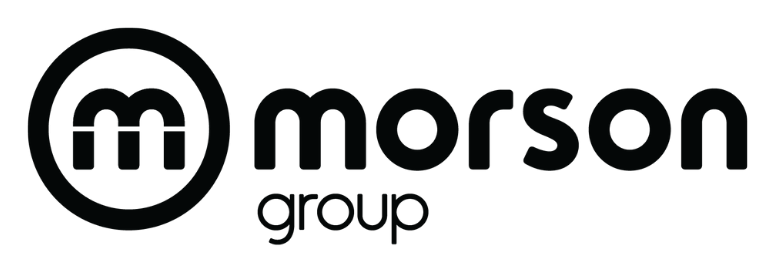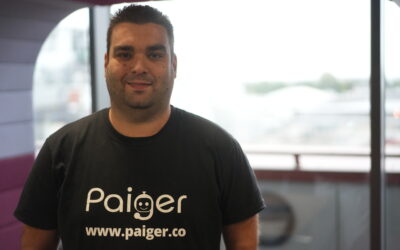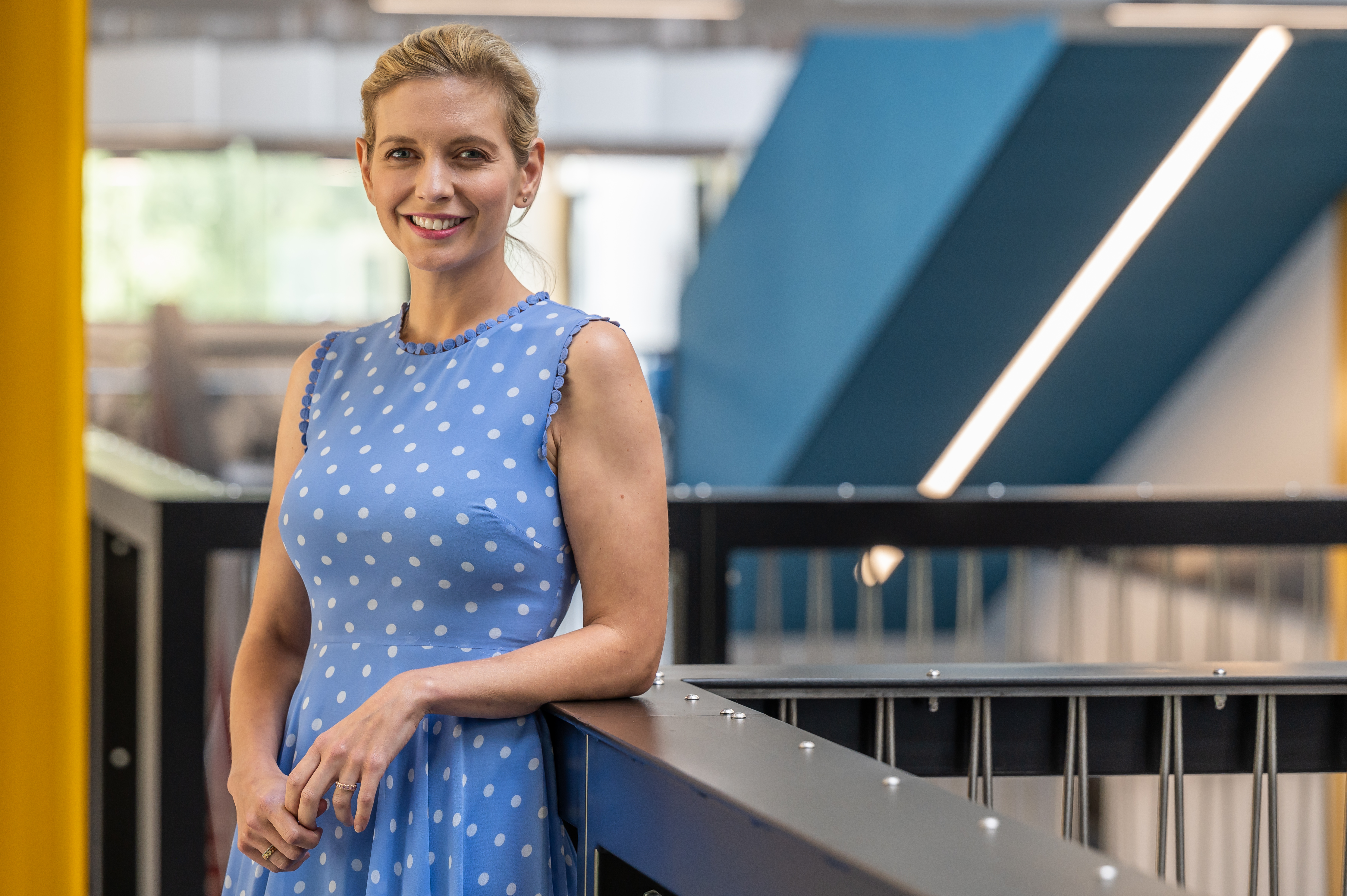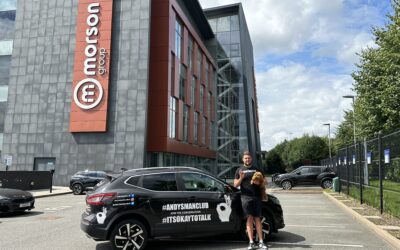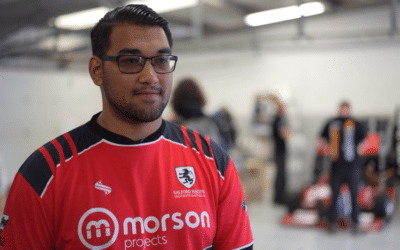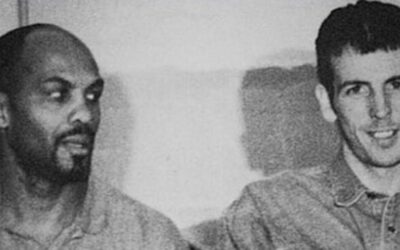“I was bullied for being smart when I was a kid and people took the mickey and I hid it. And I tried not to come across as clever. And if I had anything to tell 14-year-old me, I wish I could slap her in the face honestly, and go, stop it! Stop being shy. Don’t be ashamed of being smart because it’s your greatest asset.”
Freyja Ingham is Asset Care Team Manager at Morson Projects. Without much encouragement from her teachers to consider pursuing a career in STEM, Freyja spent much of her early teenage life working in a local café, unsure of what to do. PathFinders speaks to her about her journey into engineering:
Talk to us about your early life and career
I started work when I was 13 in a local café, and I sort of stayed put there and while I was doing my GCSE’s and my A-levels. I was working part time the whole time and I just, I didn’t really know what to do with my life.
I was waiting on tables, pot wash and then I moved up to working in the ice cream parlour. I got my own till and I got to till up at the end of the day. And I love tilling up because I like to know that my till was right. And then I did front of house, and I really loved talking to people.
I liked to be able to have a good chat with customers. And then I went on to wait on in like an actual restaurant side and I worked behind the bar there as well.
When did you consider the possibility of a career in STEM?
I did STEM at GCSE kind of age and you know we went to the Big Bang Fair in Manchester and it was it was really good fun.But I guess I never kind of considered it as a career path because my teachers never really pushed that and they were like, “oh go to uni”
There was six of us. And there was three girls and three boys. So it wasn’t particularly biased to one gender or anything. I’ve always enjoyed like my maths and my physics and mathematical kind of subjects. I like the challenge of it. I like the fact there’s a right and wrong answer as well. The teachers pushed university and not so much vocational. I love that vocational kind of, you’re doing your job, learning on the job type of thing.
So I was, I was carrying on waitressing and I wasn’t into that sort of full time. I had spinal surgery and I spent a year recovering from that. And it was while I was off kind of deciding what do I do with my life that I thought I should probably consider, maybe engineering because there was a lot of it locally on my doorstep. I live right between BAE Systems and Sellafield. So it kind of is there in your face.
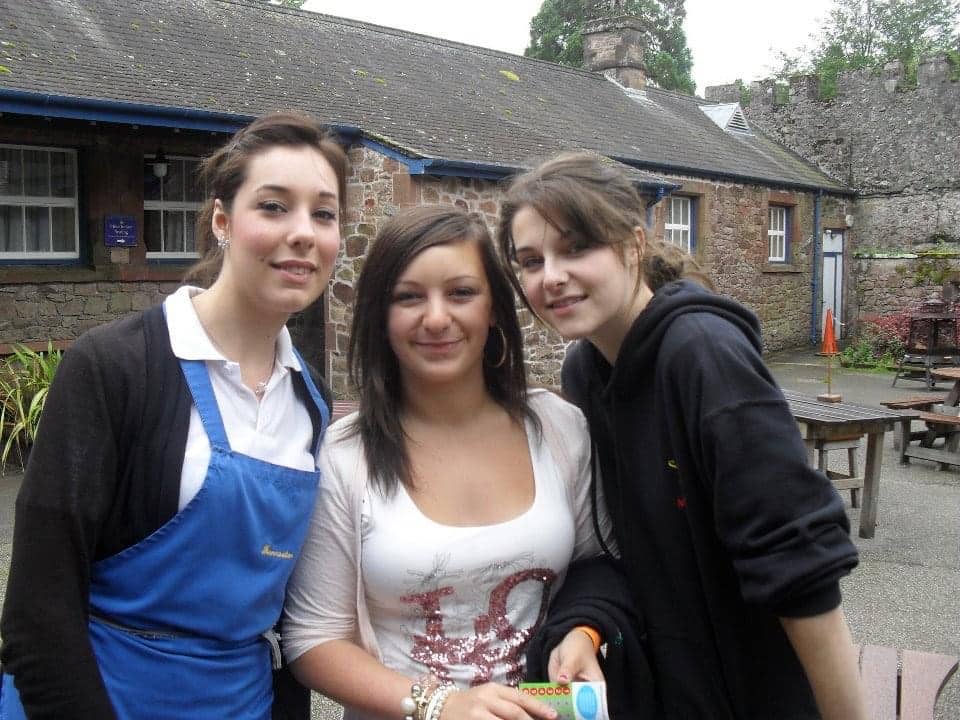
Talk to us about your early steps in engineering
I applied for a few positions, and I was really lucky to get offered a job with Morson and a complete traineeship. I had no kind of background experience and they said that they’d train me up in the roles and take me around all the departments and see where I fit best and what I enjoyed the most.
I shadowed all the engineers I was working with. I shadowed them and while I was doing my HNC that Morson were funding for me. I went round and I learned all about like how computerised maintenance systems, we went through reliability-centred maintenance and spares and obsolescence.
I went through technical documentation and then I came to the asset care department and I never left and I love it.
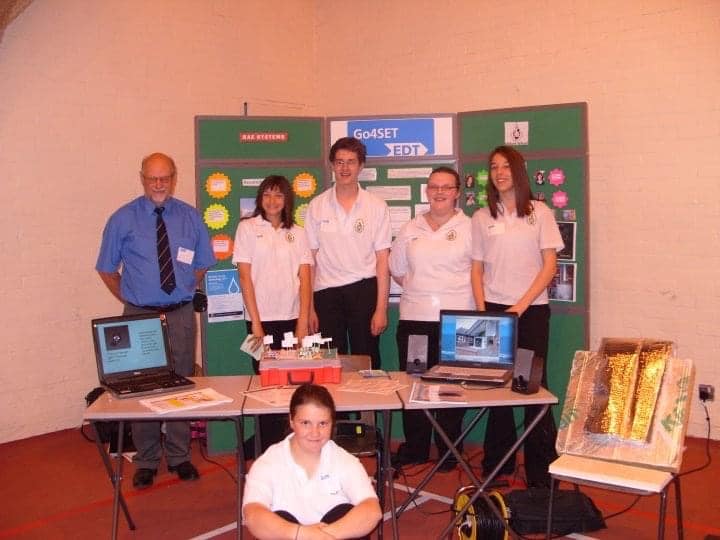
Do you have a career hero?
I wouldn’t say I have one particular. I think it’s a lot of the people that I’ve met along the way and they’ve all supported me in different kind of aspects. A lot of what I know is what people have shown me and taught me along the way. Whether that’s like just being how to be perceived in the office and the way that you speak to people and handle relations and stuff, and then the pure engineering knowledge that some people have shared with me.
But I think honestly, I genuinely would say it, it’s the people that I’ve been able to work with along the way that are like my kind of heroes, my inspiration, because I just want to be as good as they are to me.
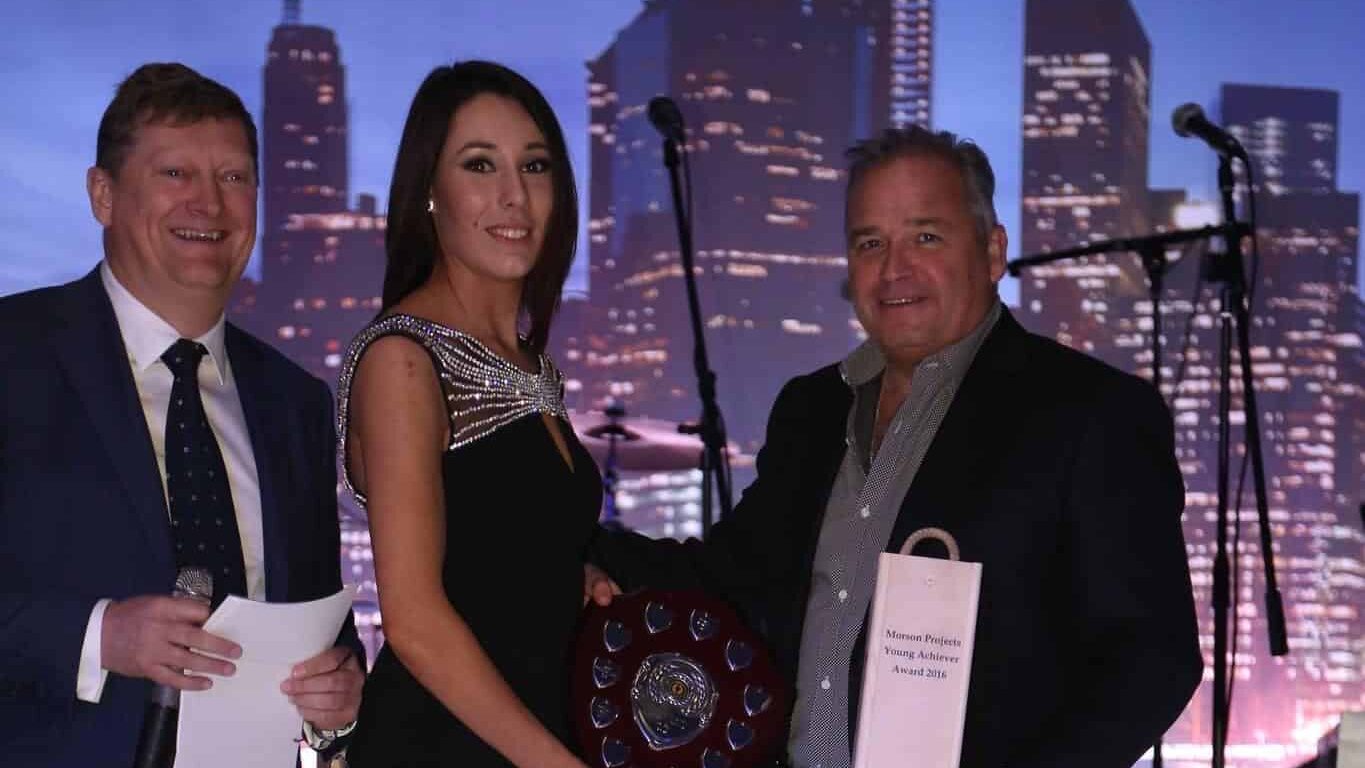
How do you find working with Morson Projects?
Probably about seven of the eight and a half years I’ve worked for Morson I’ve been on asset care now and I absolutely love it. I’ve just become asset care team manager. I love the work I like the variation of being able to spend some of your week in the office and others is on site, on plant and it’s really gratifying when you go out and you see something that you looked at three years ago, you actually see that they’ve done something based on your recommendations and your findings and know it is valued input and that you do find things that they missed.
How would you like to change the industry for the better?
I’m excited to fly the flag for more women, which is always really cliché, but there’s not that many. I think there’s three of us in our office, four, small numbers. So, I’d like to fly the flag for women and I’d like to say I enjoy seeing the actual value of my work and seeing things be implemented that I spotted. And I’ve seen a make a difference. I work on the Sellafield site and being part of the story of that being decommissioned and making a difference to that, given the fact it’s on my doorstep as well, it’s really it’s really nice to see that. And I’d like to make a difference to that whole story. However small. It’s a difference. And I’d also really like to give back the same level of care that people showed to me when I was new and I was training, and I’d be that person for them because it was a massive thing to me when they did that for me to be that person
What would you tell your 14-year-old self if you could?
I had anything to tell, like a 14-year-old me it would be, I wish I could slap in the face honestly and go, stop it, stop being bloody shy!
I was bullied for being smart when I was a kid and people took the mickey and I hid it and I tried not to come across as clever. Don’t be ashamed of being smart because it’s your greatest asset. Why are you ashamed of it? Because I’m not me.
I know I’m so competitive when it comes like college or degree or anything. I’m like, I want top marks, I want to beat everyone and I’m starting my HNC and because I hadn’t done the bridging course and one of the tutors on the first day I started this turned around and said you’re going to fail because I’ve not seen you you’ve not done the bridging course and you’ve not done the ONC. I had like you know I’ve the UCAS points to get onto the course and I was like I’m going to prove you wrong.
And I got a distinction in every single one of his lessons and I was like, it was kind of like my own little way of going… Hah. Told you!
